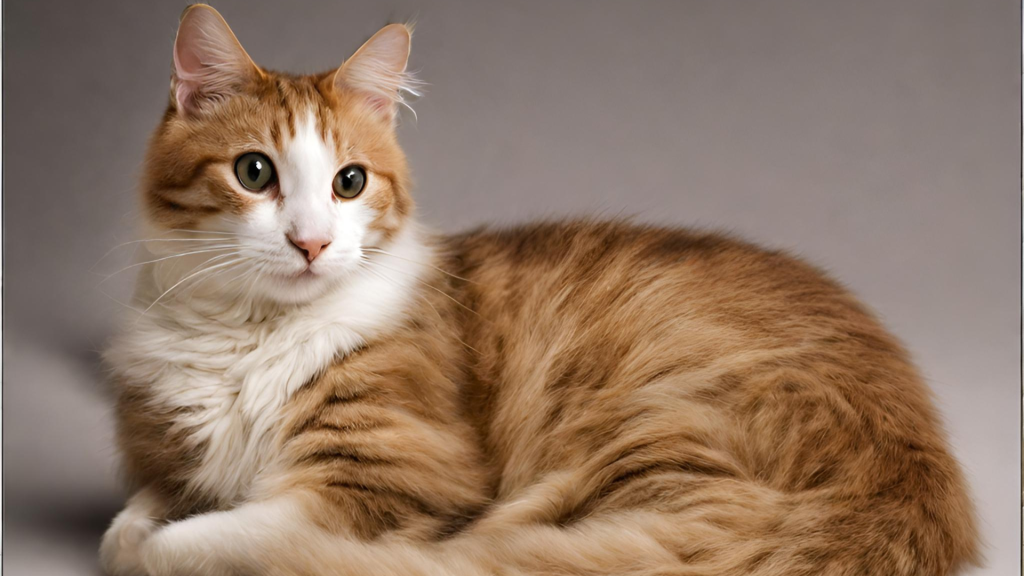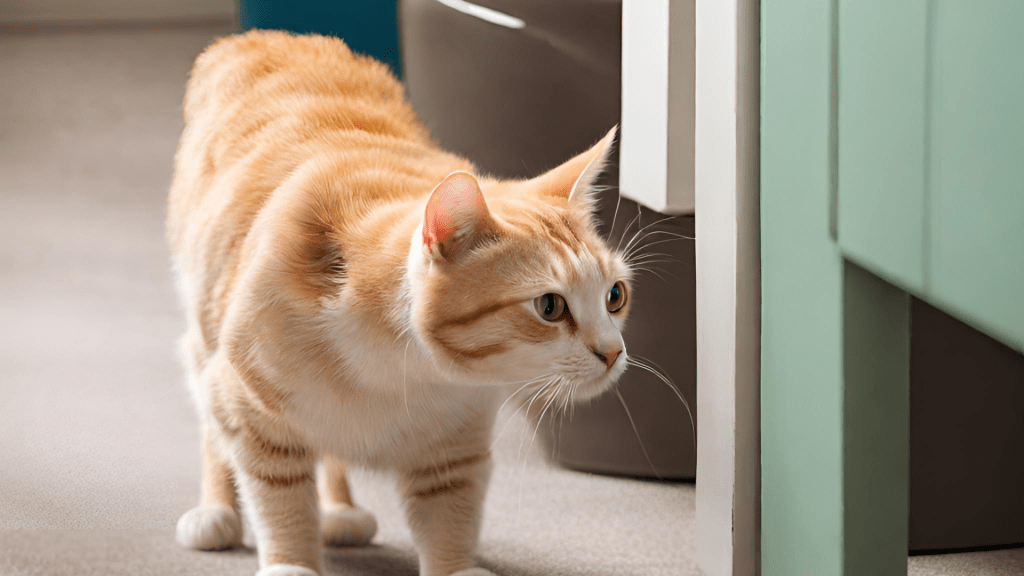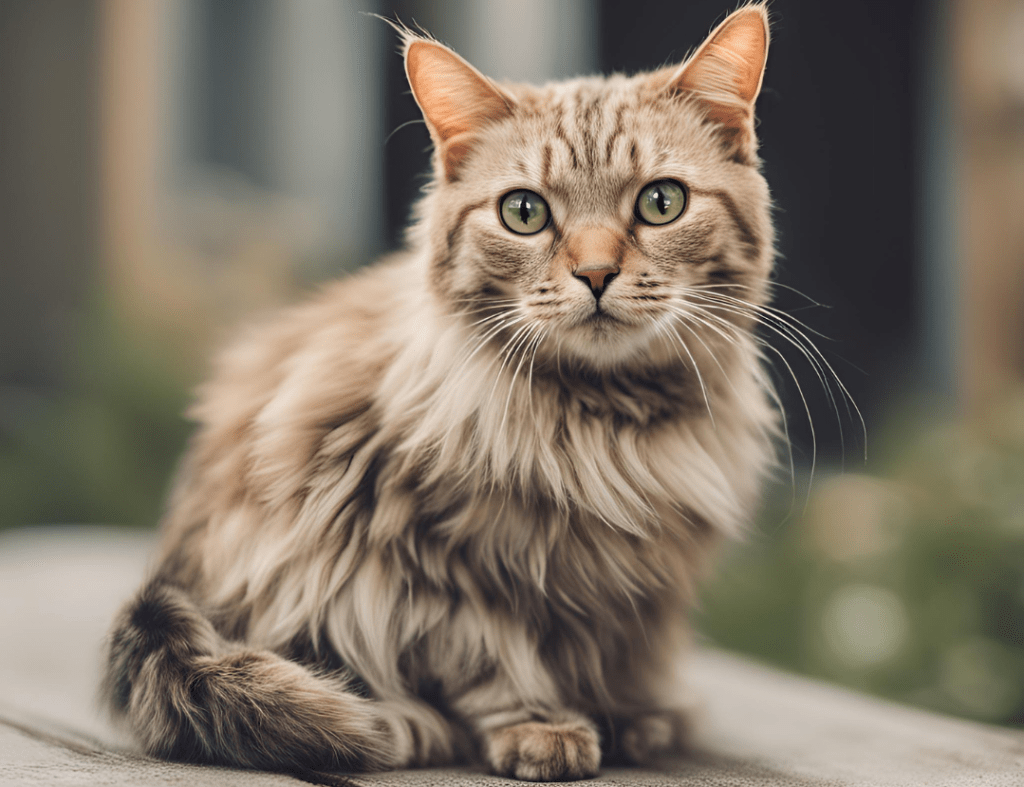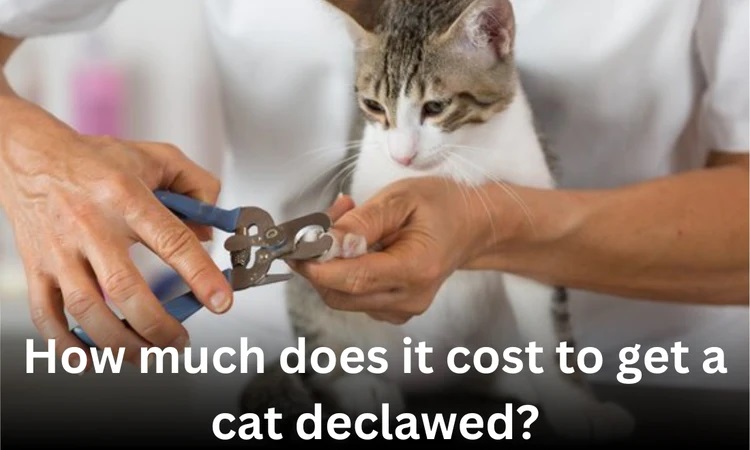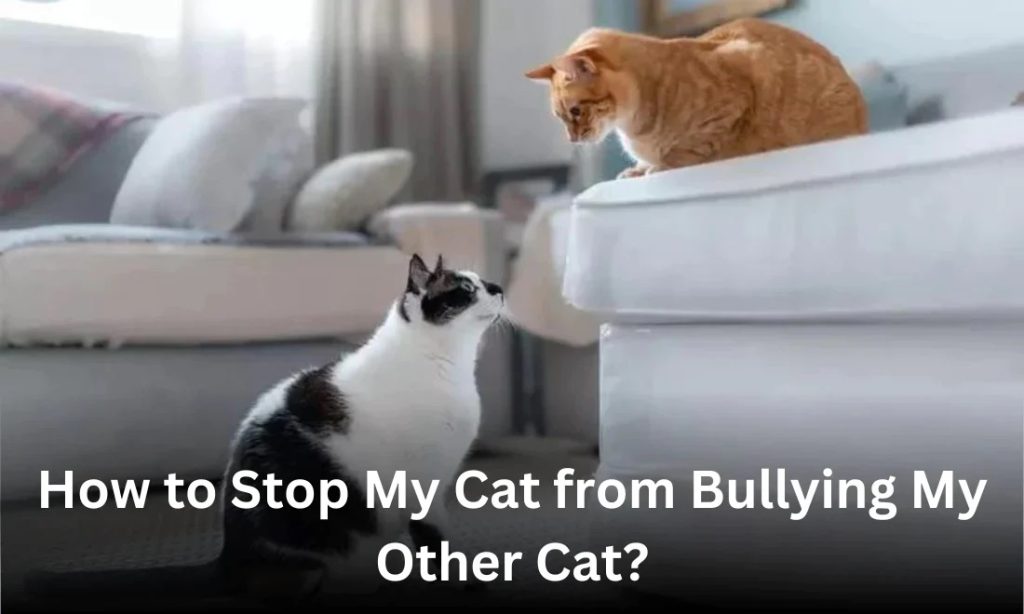Last updated on October 7, 2024
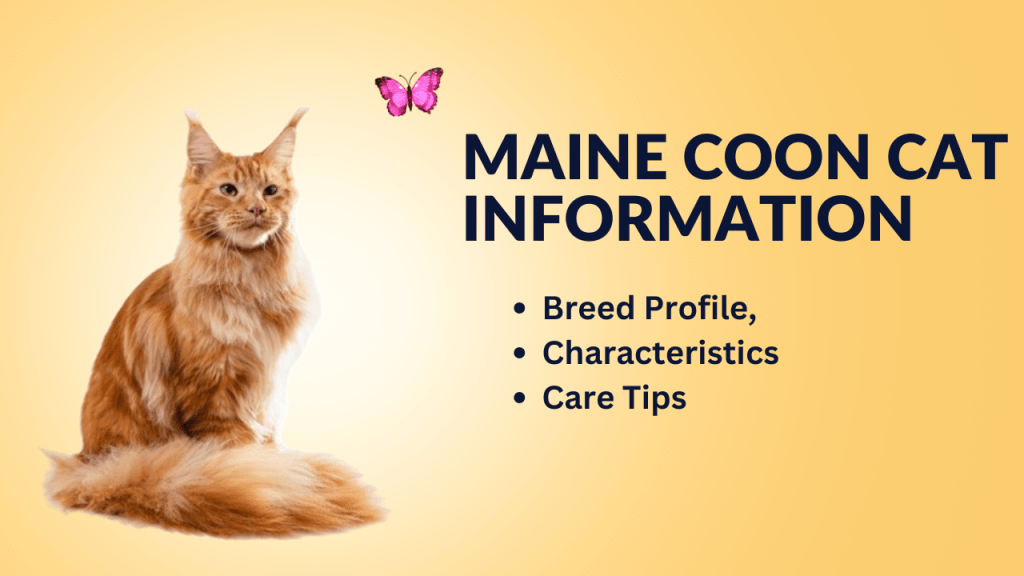
Maine Coon cats, with their majestic appearance and friendly demeanor, have captured the hearts of cat lovers worldwide. Originating from the rugged state of Maine in the United States, these felines are known for their large size, bushy tails, tufted ears, and friendly personalities. In this guide, we’ll delve deep into the world of Maine Coons Cat, exploring their history, unique characteristics, care requirements, and frequently asked questions about these magnificent creatures.
- Lifespan: 9 – 15 years
- Weight: 4.8 – 8.2kg
- Colours: The Maine Coon cat breed has a variety of 64 different colours and markings. Their eyes maybe green, gold or copper – in white cats it is possible to have blue or odd eyes.
Maine Coon Cat Pros and Cons
Pros
- Gentle and laid-back
- Affectionate and entertaining
- Gets along well with kids and other pets, including dogs
Cons
- Not big on cuddling/not a lap cat
- Coat requires weekly brushing and combing
- Doesn’t do well when left alone for long periods
History of Maine Coon Cat
The origins of the Maine Coon breed are shrouded in folklore and legend. One popular theory suggests that they are descendants of long-haired cats brought to America by Vikings. Another tale involves Marie Antoinette’s cats, who were supposedly sent to America during the French Revolution. While these stories add an element of mystery to the breed’s history, the truth is that Maine Coons likely evolved from domestic cats and long-haired breeds in North America, adapting to the harsh winters and rugged terrain of Maine. Learn more about how the Maine Coon fits your lifestyle by reading a complete overview of Cat Breeds.
You need-to-know
- Great for first-time cat owners
- Enjoys playing games and is active at home
- Highly active and inquisitive cat
- Sociable and dependent cat
- Slightly talkative cat
- Larger stockier cat breed
- Requires grooming every day
- Needs extensive outdoor space
- Great family cat
- Can be left alone all day
- Can cope with a busy household
Characteristics of Maine Coon Cat
- Size and Appearance: Maine Coons are one of the largest domesticated cat breeds, with males weighing between 13-18 pounds and females between 8-12 pounds. They have muscular bodies, long tufted ears, tufted feet, and bushy tails that can be as long as their bodies.
- Coat: Their coats are dense, water-resistant, and come in a variety of colors and patterns, including tabby, solid, and tortoiseshell. The most iconic Maine Coon coat pattern is the classic tabby with distinctive markings.
- Personality: Maine Coons are known for their friendly and sociable nature. They are affectionate towards their human companions, enjoy interactive play, and are often referred to as “gentle giants” due to their calm demeanor.
- Intelligence: These cats are highly intelligent and curious, often displaying problem-solving abilities and a love for learning new tricks. They enjoy mental stimulation through interactive toys and games.
Generally healthy breed
The Maine Coon cat breed can suffer from:
– Hypertrophic cardiomyopathy which is a disease were the heart muscle becomes abnormally thick which means the heart cannot beat effectively.
– Hip dysplasia which is where the hip joint does not develop normally.
– Pyruvate kinase deficiency which is a disease that causes anaemia (death of red blood cells).
– Spinal muscular atrophy which is a disease that causes loss of nerves and muscle weakness.
Testing available:
– DNA testing for Maine Coon hypertrophic cardiomyopathy, pyruvate kinase deficiency and spinal muscular atrophy which tests whether or not a cat has the potential to be affected by these conditions.
Do you want to compare the Maine Coon’s size and friendliness with another large breed? Visit the Ragdoll Cat Breed Profile. For a breed that’s luxurious but more low-energy, check out the full profile of Persian Cat Breed. If you’re searching for an intelligent, playful breed with an exotic look, learn more about the Bengal Cat.
Care Tips for Maine Coon Cats
- Grooming: Due to their long coats, Maine Coons require regular grooming to prevent matting and tangles. Brushing their fur a few times a week and occasional baths can help maintain their coat’s health and appearance.
- Nutrition: A balanced diet is crucial for Maine Coon cats to support their large size and energetic nature. High-quality cat food, preferably formulated for large breeds, can provide the necessary nutrients for their well-being.
- Exercise: Engaging in regular play sessions and providing climbing structures or cat trees can help satisfy their instincts and keep them physically active and mentally stimulated.
- Healthcare: Regular veterinary check-ups, vaccinations, and parasite prevention are essential for keeping Maine Coons healthy. Being proactive about their healthcare can prevent potential health issues and prolong their lifespan.
| Affection Level | High |
| Friendliness | High |
| Kid-Friendly | High |
| Pet-Friendly | High |
| Exercise Needs | Medium |
| Playfulness | Medium |
| Energy Level | Medium |
| Intelligence | High |
| Tendency to Vocalize | High |
| Amount of Shedding | Medium |
Maine Coon Cat Vet Rating
Maine Coon cats often receive high marks from veterinarians due to their robust health and relatively low incidence of breed-specific health issues. While they can be prone to conditions like hypertrophic cardiomyopathy (HCM) and hip dysplasia, regular vet check-ups and a well-balanced diet can help mitigate these risks. Their average lifespan of 12-15 years can be extended with proper care and attention to their health needs.
Maine Coon Cat History and Origins
The origins of Maine Coon cats are steeped in American folklore. They are believed to have descended from long-haired cats brought by early European settlers to the rugged coast of Maine. Over time, these cats adapted to the harsh climate and developed their distinctive characteristics, including their large size, thick coats, and friendly personalities. They were officially recognized as a breed in the late 19th century and have since become one of the most popular cat breeds in the United States.
Outdoors or Indoors
Maine Coon cats are versatile when it comes to their living environment. While they can thrive indoors with proper enrichment and stimulation, they also enjoy the outdoors if provided with a safe and secure outdoor space. However, due to their friendly nature and potential health risks outside, many owners opt to keep them as indoor cats. With plenty of toys, climbing structures, and interactive playtime, Maine Coons can lead happy and fulfilling lives indoors.
Enrichment and Specific Needs
Maine Coons are highly intelligent and active cats that thrive on mental and physical stimulation. Providing them with puzzle toys, interactive feeders, and opportunities for climbing and exploration can help satisfy their innate curiosity and prevent boredom. They also enjoy social interaction and may benefit from the companionship of other pets or engaging in training sessions that stimulate their natural hunting instincts.
Nutrition and Feeding
A well-balanced diet is essential for Maine Coon cats to maintain their optimal health and energy levels. High-quality cat food formulated for their specific needs, including their large size and potential joint health concerns, is recommended. Owners should monitor their cat’s weight and adjust feeding portions accordingly to prevent obesity, which can lead to various health issues.
Grooming Maine Coon Cat
Maine Coons have dense, water-resistant coats that require regular grooming to prevent matting and tangles. Brushing their fur a few times a week with a suitable cat brush can help remove loose hair and distribute natural oils, keeping their coat healthy and shiny. Bathing may be necessary occasionally, but it’s essential to use cat-friendly grooming products and techniques to avoid skin irritation.
Suitability for Family Life
Maine Coon cats are renowned for their gentle and friendly nature, making them excellent companions for families. They are typically good with children and other pets, enjoying interactive play and social interaction. Their affectionate demeanor and adaptability to various living environments make them well-suited for households seeking a loving and sociable feline companion.
FAQs About Maine Coon Cat
Are Maine Coon cats good with children and other pets?
Yes, Maine Coons are generally good with children and other pets. Their friendly and sociable nature makes them adaptable to different environments.
Do Maine Coons require a lot of grooming?
Yes, Maine Coons have long, dense coats that require regular grooming to prevent matting and tangles. Brushing them a few times a week is recommended.
How long do Maine Coon cats live?
On average, Maine Coons have a lifespan of 12-15 years. With proper care and nutrition, some can live even longer.
Are Maine Coons indoor or outdoor cats?
Maine Coons can adapt to both indoor and outdoor environments. However, indoor living is generally safer for their well-being, protecting them from potential hazards and diseases.
Are Maine Coons prone to any specific health issues?
While Maine Coons are generally healthy cats, they may be prone to certain health conditions such as hypertrophic cardiomyopathy (a heart condition) and hip dysplasia (a joint disorder). Regular veterinary care can help monitor and manage these issues.

